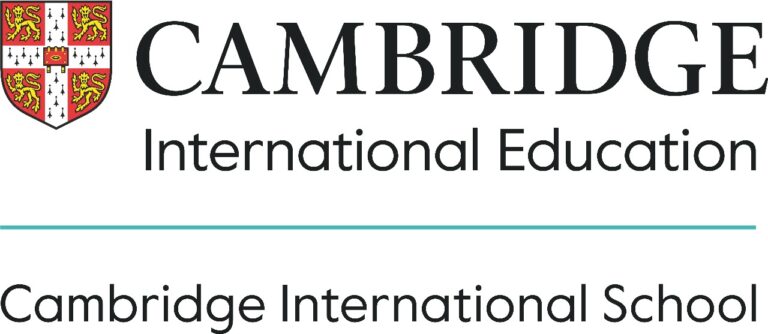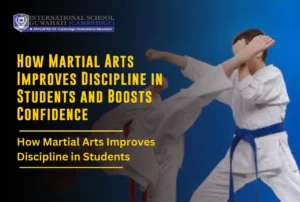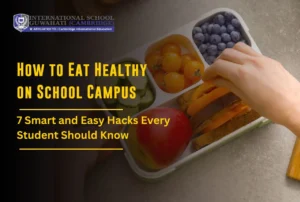![]()
Social media is spreading its wings and we are all trying to get aboard it. But when it comes to the benefits of social media for students, we often misinterpret or reject it out and out.
We have made up our minds about the harmful effects of social media on students or young adults. But this is not always correct.
Even though social media has proven to have some harmful impact on student life, it also carries some benefits that are worth discussing and harnessing.
With the average time being 2 hours and 20 minutes, more than half the world’s population is on social media now. It has become an integral part of our daily lives.
Therefore, it is necessary, critical even, that we make use of it in the best way possible. In this blog, we will discuss about 10 such benefits of social media for students and their academics.
10 Unbelievable Benefits of Social Media for Students
1. Enhanced Learning and Knowledge Sharing
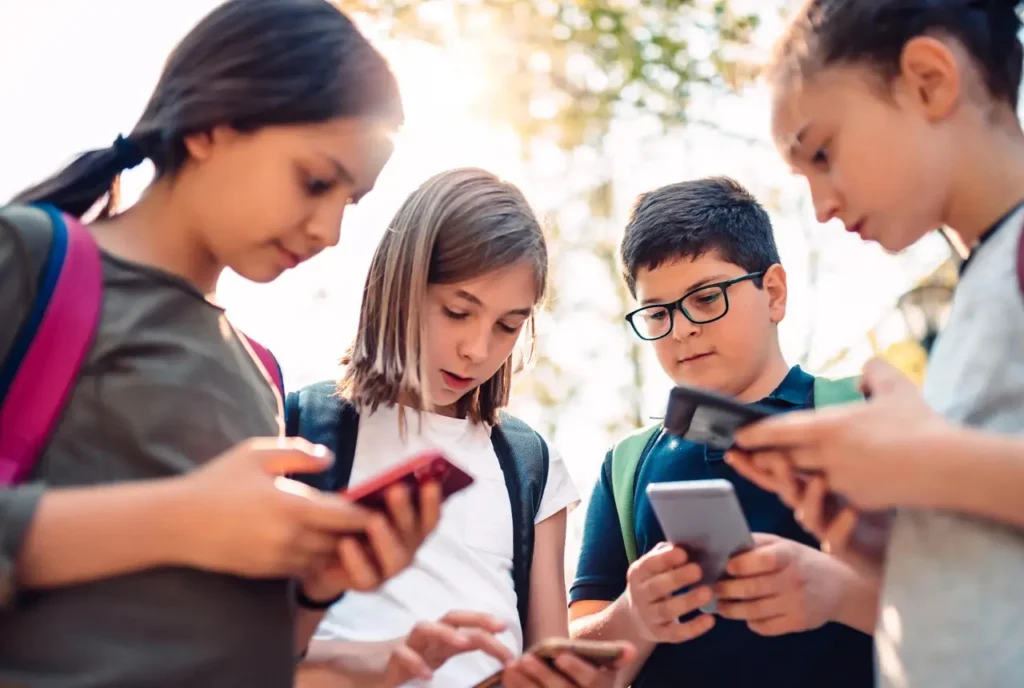
Social media connects students to a vast world of educational resources beyond the classroom.
Platforms like YouTube are brimming with educational content on every imaginable subject, while Facebook groups dedicated to specific courses or disciplines help students connect with peers, share study materials, ask questions, and learn more.
Additionally, live-streamed lectures and webinars offered by universities and educational institutions today provide students with the flexibility to learn from experts around the globe sitting in their homes.
2. Improved Collaboration and Communication
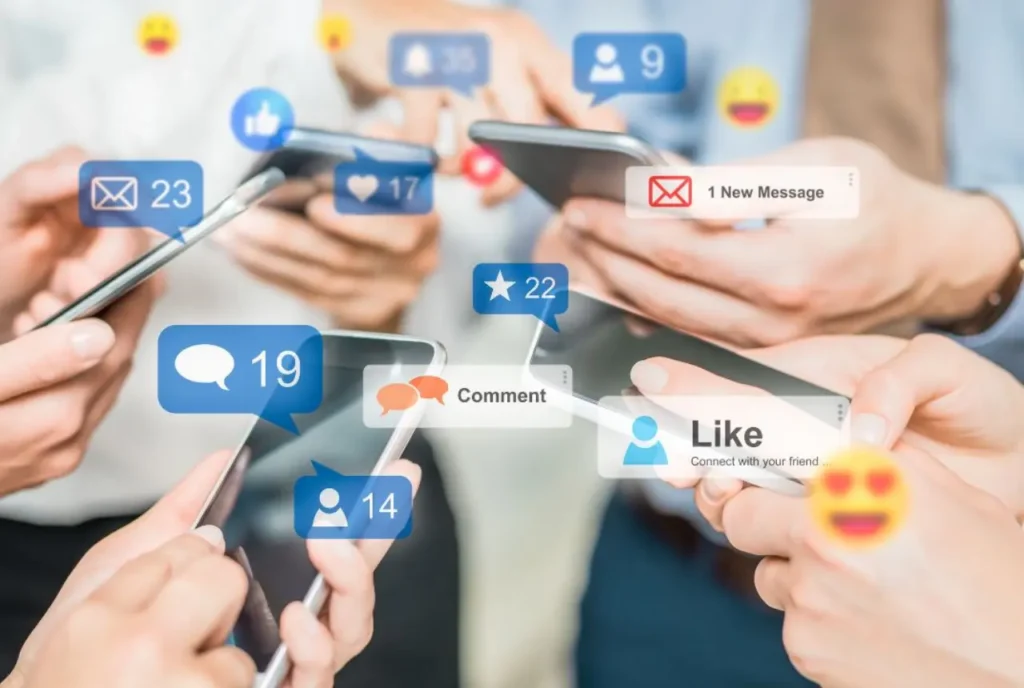
Gone are the days of bulky binders and late-night photocopying.
Social media provides seamless collaboration on group projects through tools like Google Docs, which allow real-time document editing and shared access.
Online whiteboards enable brainstorming sessions and visual collaboration from anywhere. Furthermore, social media bridges the gap between students and teachers.
Many educators utilize platforms like Twitter to share class updates, answer questions outside of class hours, and create a more interactive learning environment.
3. Boosted Creativity and Self-Expression
Social media platforms like Instagram, YouTube, and TikTok offer a stage for students to showcase their talents and creative projects to a vast audience.
Student-run blogs and online communities dedicated to art, music, writing, and other creative pursuits provide a platform for feedback and connection with like-minded individuals.
Additionally, the act of creating content for social media can help students overcome the fear of public speaking by allowing them to practice presenting ideas in a comfortable, online space.
4. Increased Global Awareness and Cultural Exchange
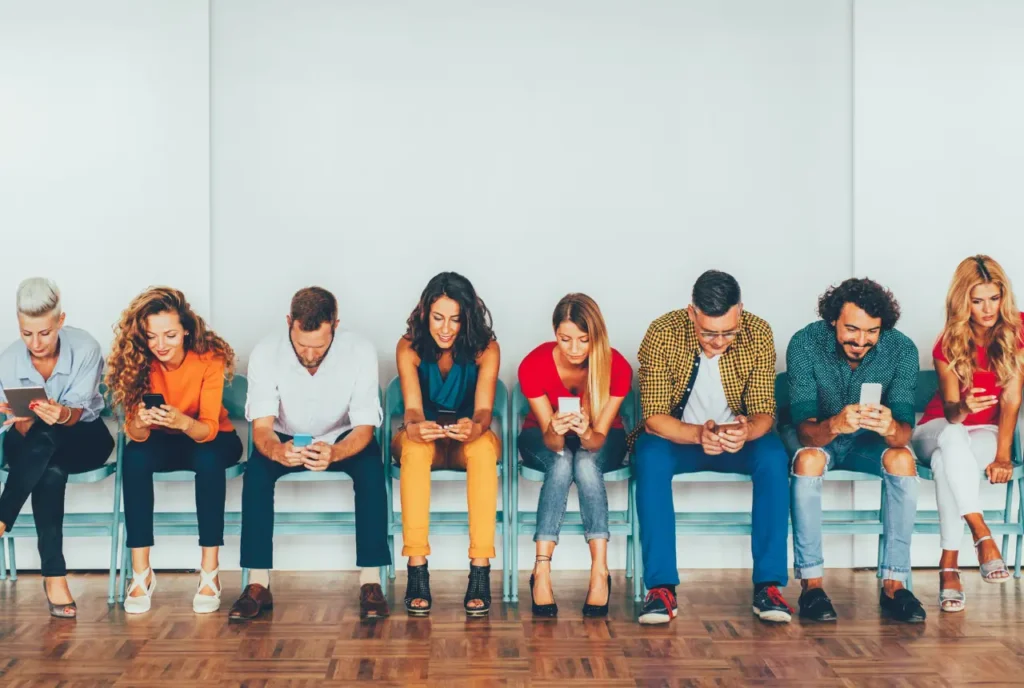
Social media transcends geographical boundaries, connecting students with people from diverse backgrounds and cultures.
Platforms dedicated to language learning can help students pick up new skills, while online communities focused on cultural exchange programs cultivate understanding and appreciation for different ways of life.
Engaging with content creators from around the world allows students to develop empathy for global issues and broaden their perspectives.
5. Development of Digital and Media Literacy Skills

In today’s information age, navigating the online world requires critical thinking. Social media, by its very nature, exposes students to a constant stream of information.
Learning to evaluate the credibility of online sources, fact-check information, and practice responsible online behavior are all essential skills honed through navigating social media platforms.
Additionally, creating content for social media, whether it be a blog post or a short video, teaches students basic communication and content creation skills.
6. Networking and Career Exploration
Platforms like LinkedIn connect students with professionals in their desired fields, opening doors for potential mentorships and internships.
Following industry leaders and companies on social media provides valuable insights into career paths and industry trends.
Furthermore, social media allows students to showcase their achievements, academic awards, and internship experiences to potential employers, creating a digital resume that can set them apart from the competition.
7. Building Stronger Communities and Support Systems
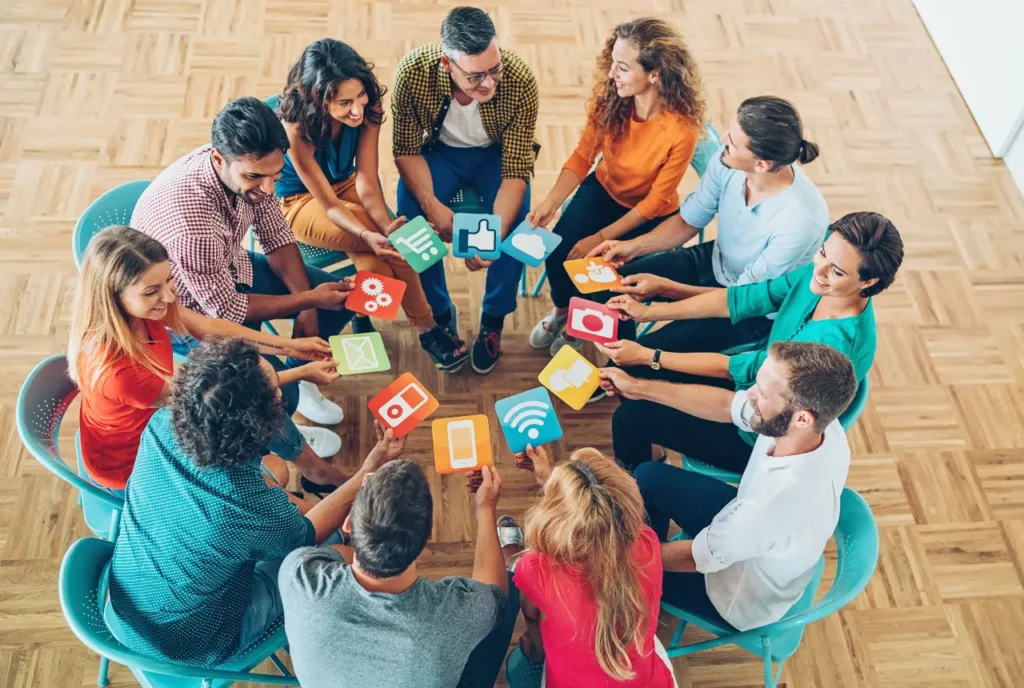
Social media groups can be a lifeline for students with similar interests or facing similar challenges.
Online mental health communities and student support groups offer a safe space to connect with peers, share experiences, and access resources.
For remote learners who may feel isolated, social media can be a valuable tool for combating loneliness and fostering a sense of belonging.
8. Discovering Educational Opportunities and Scholarships
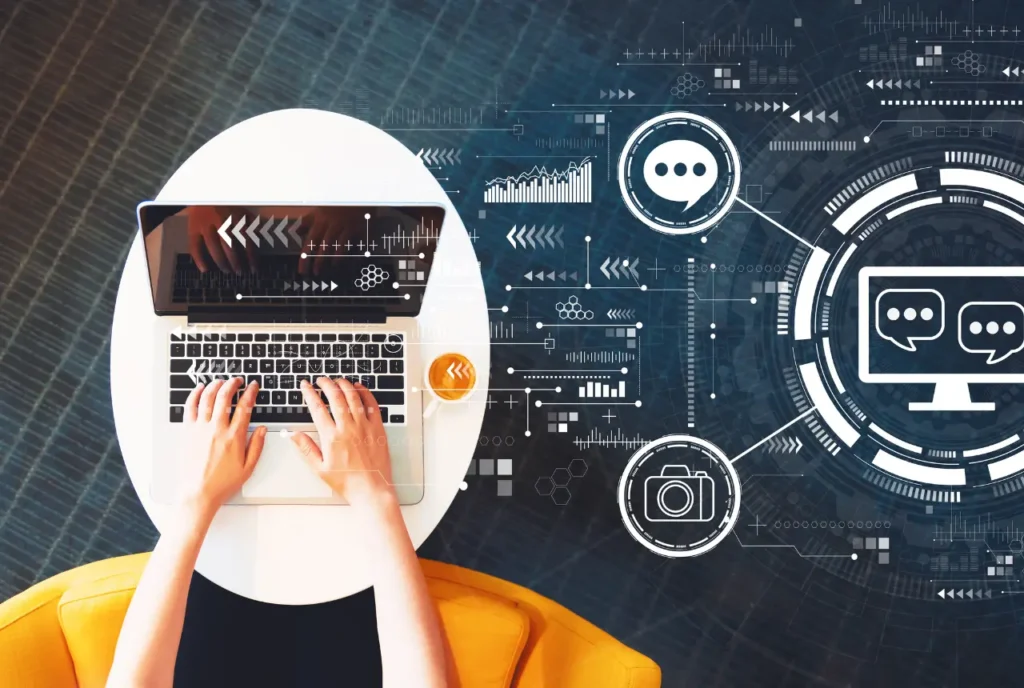
Universities and scholarship foundations increasingly utilize social media platforms to announce scholarships, bursaries, and other educational opportunities.
Student-targeted social media advertising allows students to discover relevant programs and institutions.
Social media can also help connect students with mentors and advisors who can provide guidance and support throughout their academic journey.
9. Participation in Citizen Science and Social Activism
Social media platforms are powerful tools for raising awareness about social and environmental issues.
Online petitions and social media campaigns can mobilize large communities to advocate for positive change.
Additionally, citizen science projects often leverage social media to recruit participants and share data, allowing students to contribute to scientific research and make a real-world impact.
10. Fun and Entertainment During Breaks
Taking breaks from studying is crucial for maintaining focus and well-being. Social media, in moderation, can provide a platform for entertainment and connect with friends.
The key is to ensure responsible social media use by setting clear time limits and prioritizing academic commitments.
Important Considerations for Safe and Responsible Social Use
Privacy is crucial and the internet world is lotting us of it every day. And students are the most vulnerable to falling prey to these scams.
Therefore, we must set boundaries that protect our privacy and safeguard children from cyber crimes.
- Set a dedicated time for children and senior students to access social media can be beneficial.
- Making them aware of cyber crimes and fraud can be initiated by schools and by parents at home.
- Students need to be taught how to respect people and their privacy online.
- Parents and teachers also need to play a pivotal role in preventing social media from becoming an addiction.
Takeaway
The above-mentioned benefits of social media for students are just a few of them. Today, it can be molded and utilized to our benefit in a number of ways.
Like most of the resources at our disposal, it also has a negative side. But it is up to us how we use it.
Especially in the academic sector, it has far-reaching benefits but only if we know how to use it well. So, students, make great use of this powerful tool and reap its benefits.

